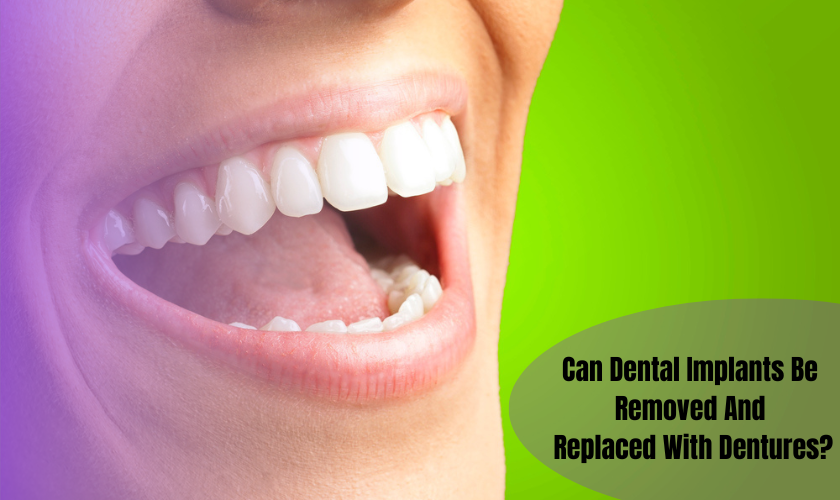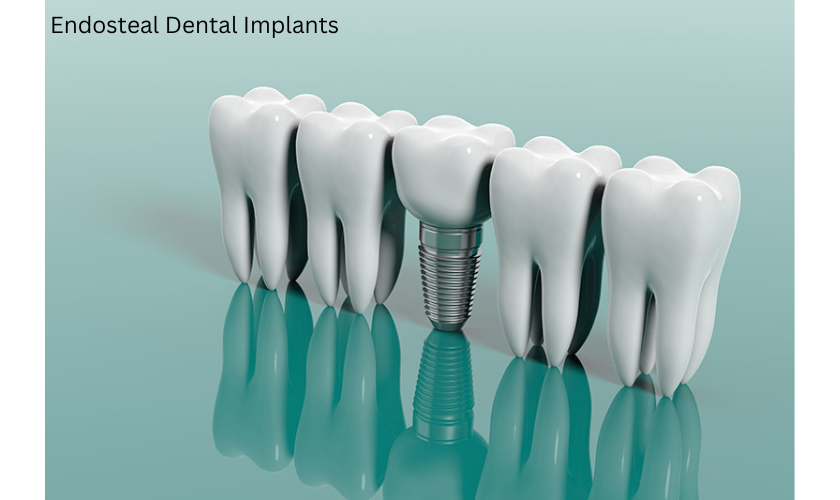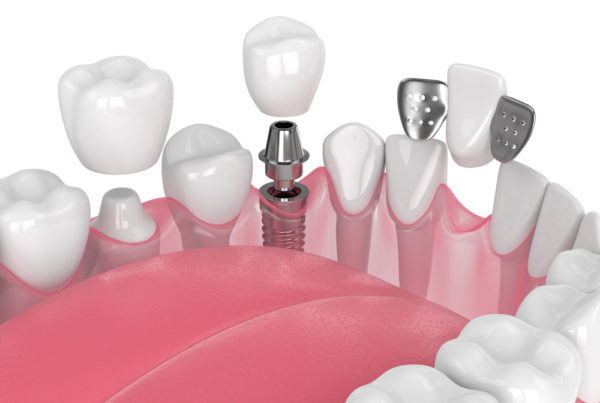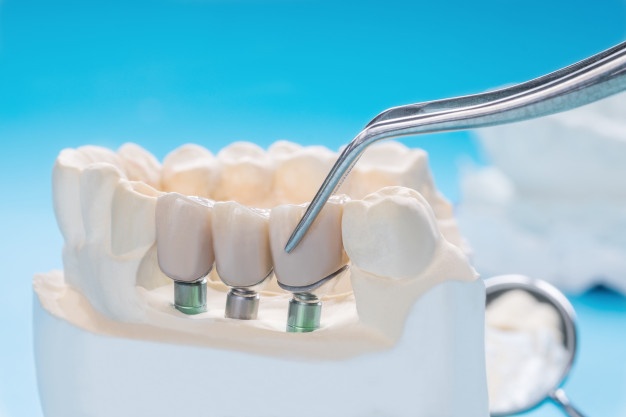Dental implants serve a similar purpose- preventing bone loss. While dentures can accelerate bone loss, dental implants replace the tooth’s root and restore your chewing pattern. Have you ever considered dental implants for a more permanent solution to your missing teeth but were worried about the longevity of the process? You might be concerned about how easy it would be to remove an implant if your circumstances changed. We have some good news: dental implants can be removed and replaced with dentures! Let’s explore if you can remove dental implants and replace them with dentures.
Why Do You Need Dental Implants?
Dental implants are capable of preserving the natural tissue of your tooth. Doing this does not require cutting down adjacent teeth and helps preserve your bones. Furthermore, with the help of dental implants, you can effectively reduce the resorption of the bones, which might result in loss of jawbone height.
When Do You Need Dentures?
Dentures are needed to give your facial structure the necessary support. Getting dentures is crucial if you lose most of your teeth because of an accident or oral health issues. Once you lose most of your teeth, it primarily affects your facial structure. So, if you get dentures, you can restore and enhance your facial appearance.
Why Do You Need To Remove A Dental Implant?
In rare cases, dental implant removal becomes necessary. But when required, it’s usually because of infection, inflammation, or failure of the implant surgery to integrate with the surrounding bone. Apart from this, it’s also vital to replace a dental implant if there has been nerve damage. It happens when an implant is placed too close to a nerve or right over the nerve. Such a situation is often found to be very painful and requires immediate attention.
Replacing Dental Implants With Dentures
It cannot be denied that dental implants are considered an effective way to replace a lost tooth. It’s a safe and secure procedure that is a permanent solution for oral health. Most people tend to remove dental implants because of varied reasons. If the fusion of the titanium posts is not done correctly, you might need a dental implant removal. Although most people might have different reasons for replacing dental implants with dentures- but it’s possible. Dentures are potential alternatives to dental implants. They can replace lost teeth supported by the complex tissues adjacent to the oral cavity. Suppose you want to replace your dental implants. In that case, your dentist will undergo implant surgery to remove the dental implant. It’s also important to note that the healing time will be prolonged as implants are placed surgically into your bones. So, your mouth will need time to heal once they’re taken out. Once the healing is done, your dentist will ask you to get the dentures.
The Bottom Line
Dental implants are surgically placed inside your mouth and are a permanent solution. However, replacing it with dentures will require surgery and a longer healing time. While it is possible to have an implant removed, it is generally not recommended except in cases of extreme hardship. Suppose the implant was placed incorrectly and is causing pain or damage to surrounding teeth. In that case, you need to replace it for a further mishap. You can further use dentures to reduce the risks of dental implant failure. In most cases, it is better to leave the implant in place and make a new set of dentures if you eventually need them. Whatever happens, try to consult all these concerns with your dentist first and then undertake any decision required.
FAQs
Removing a dental implant is not traumatic or painful. Once the implant surgery is done, you might experience discomfort as your dentist costs through the bone to place your implant screw.
Once the implant surgery is done, osseointegration takes time, and you can wear dentures 3 months after the surgery.




